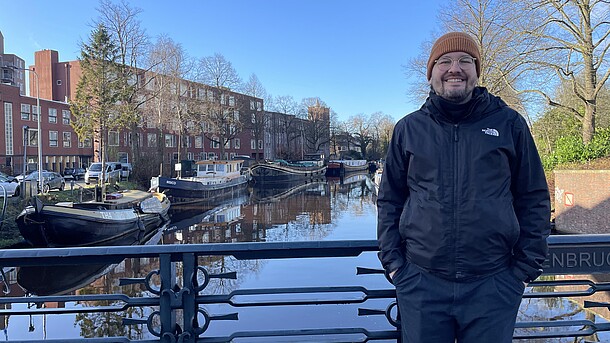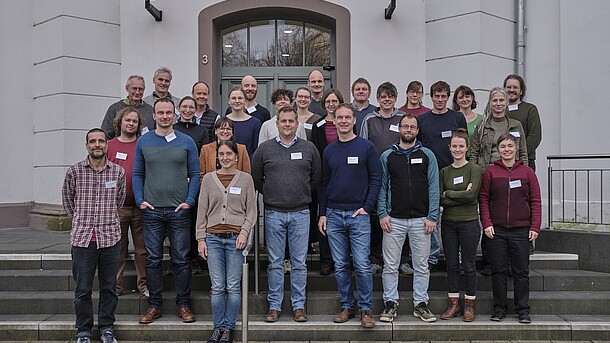Planning, tourism, coastal and nature protection in the department of Vendée
From October 5 to 13, 2013, 22 students from Leibniz Universität Hannover and 22 students from the Ecole d'ingénieurs Polytechnique de l'Université de Tours, led by Dr. Eric Thomas, Dr. Marc-André Philippe, Dr. Frank Scholles and Dipl.-Ing. Magrit Putschky, intensively studied the Vendée department and its cultural and natural landscapes, becoming familiar with numerous aspects of infrastructure, tourism and environmental policy there.
The participants were not only given the opportunity to acquire theoretical knowledge about the Vendée department, but were also able to comprehend and deepen the knowledge gained during the site visits. Especially the sustainable handling of the growth of the economy and the population was discussed again and again.
To begin with, they were guests at the Conseil Général du Vendée. There, the infrastructure policy and the increasingly important tourism and environmental policy of the département were presented. Tourism plays a major role for the Vendée, but there are six other important areas to which the Conseil Général refers: Social (solidarity and family), economic development, transportation networks, sustainable development and renewable energy, as well as culture, sports and international relations. Here it became clear how important it is to make the growth of the economy and the population sustainable and compatible with nature conservation and agriculture in the future.
A good example here is the visited amusement park "Puy du Fou", which combines tourism with a sustainable park concept.
Coastal protection was brought closer by the example of the "eco-beach" in Les Sables d'Olonne, as well as by the island of Noirmoutier. The "eco-beach" represents an environmentally friendly solution to the heavy sand erosion caused by the tides. On Noirmoutier, there was also an insight into the problem of water level fluctuations, as the island is at high risk from flooding and storm surges due to its location.
The "Pointe d'Arcay" nature reserve was also visited, which is constantly increasing in size due to sand accumulations and represents a special habitat worthy of protection due to a wide variety of environmental impacts.
Finally, sustainable urban development, housing policy and open space design were discussed in the departmental capital La Roche-sur-Yon, in Les Herbiers and in Les Sables d'Olonne.





